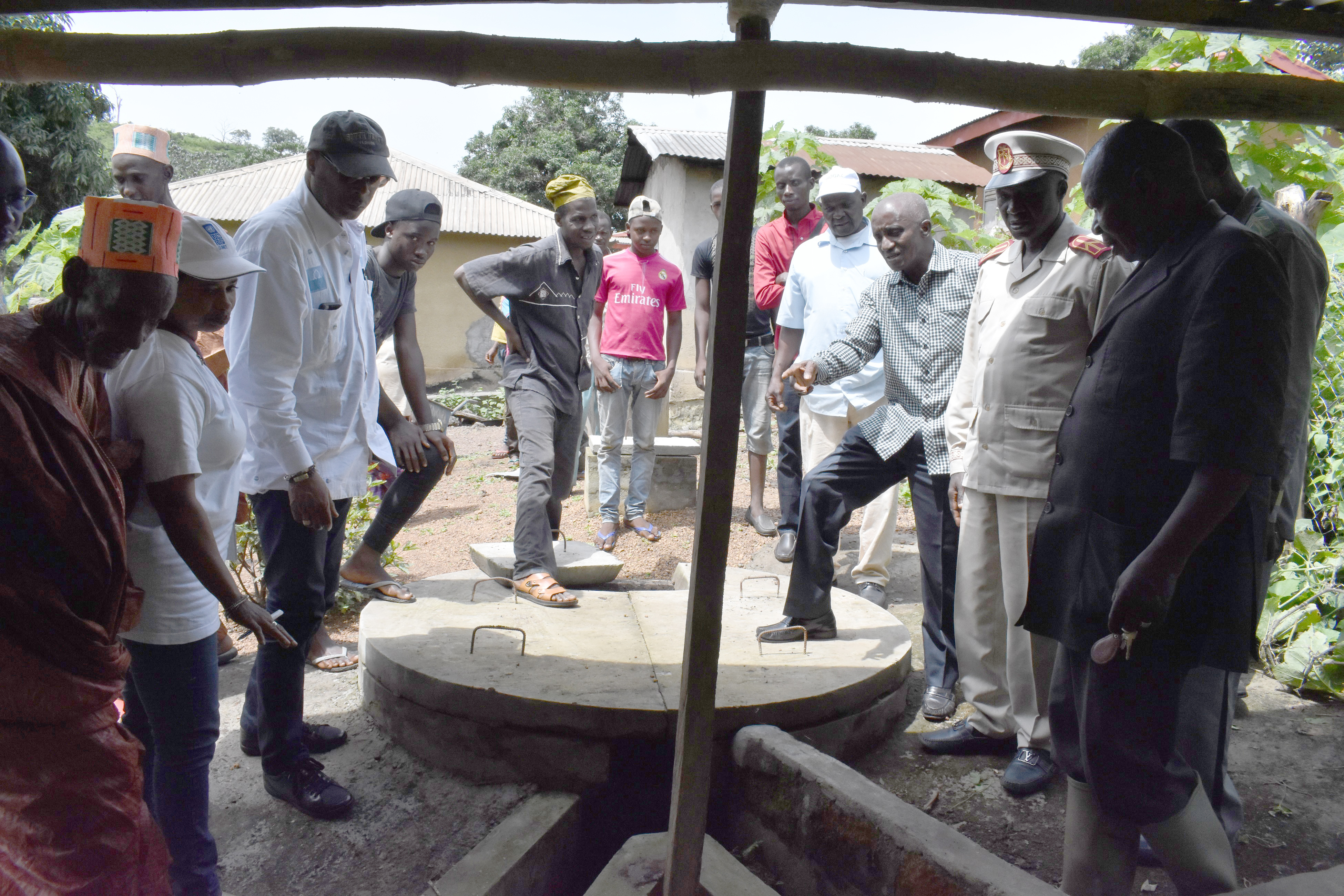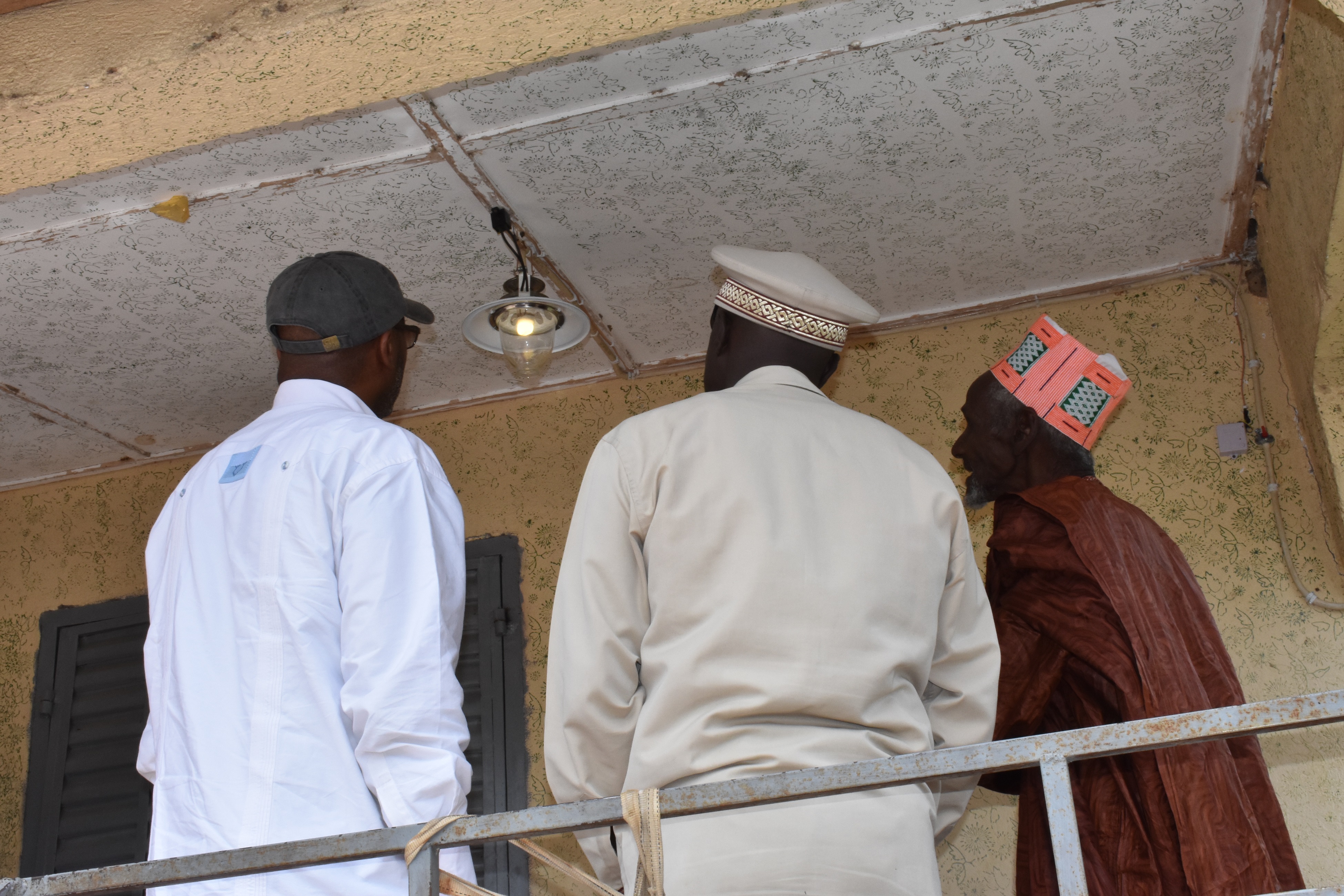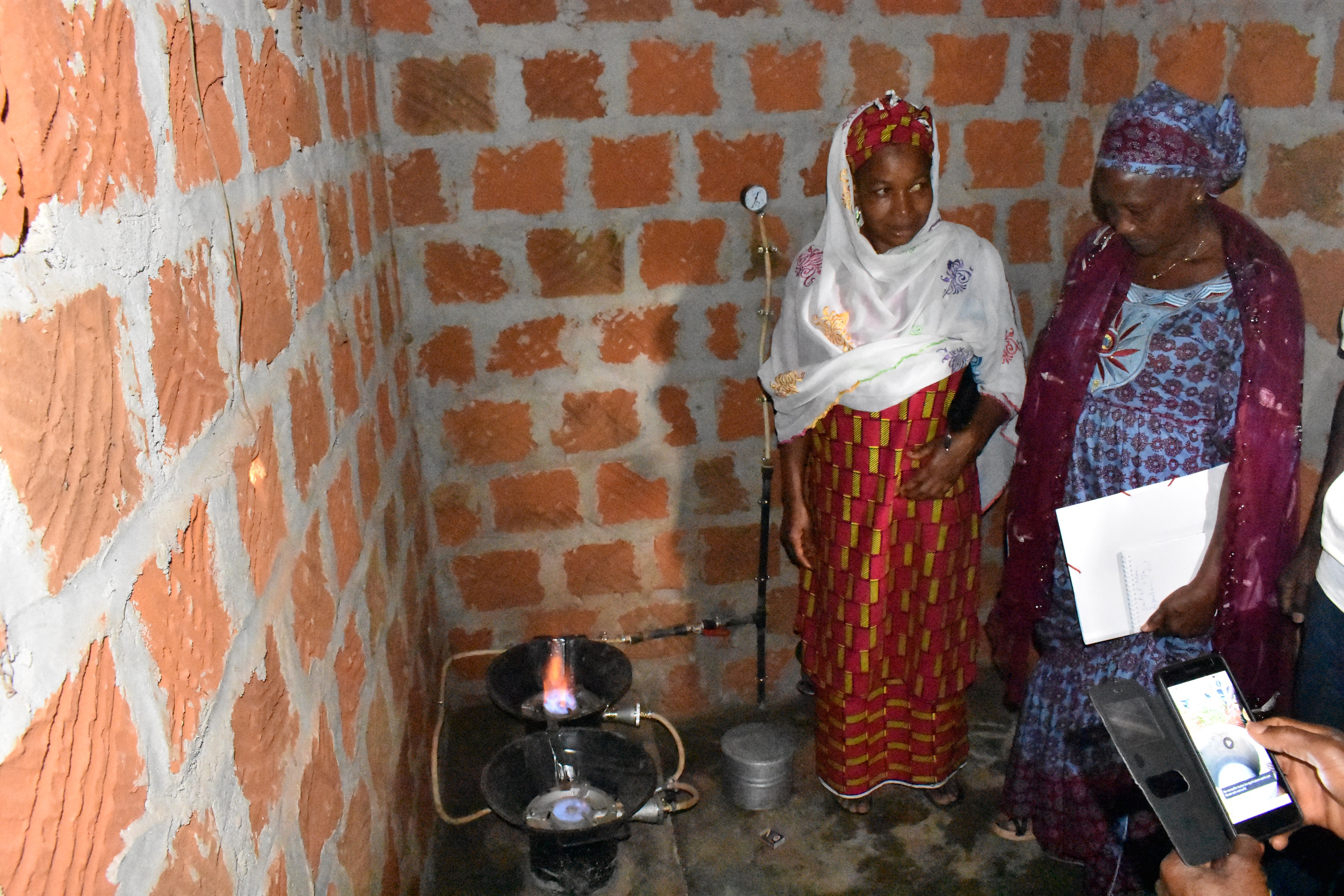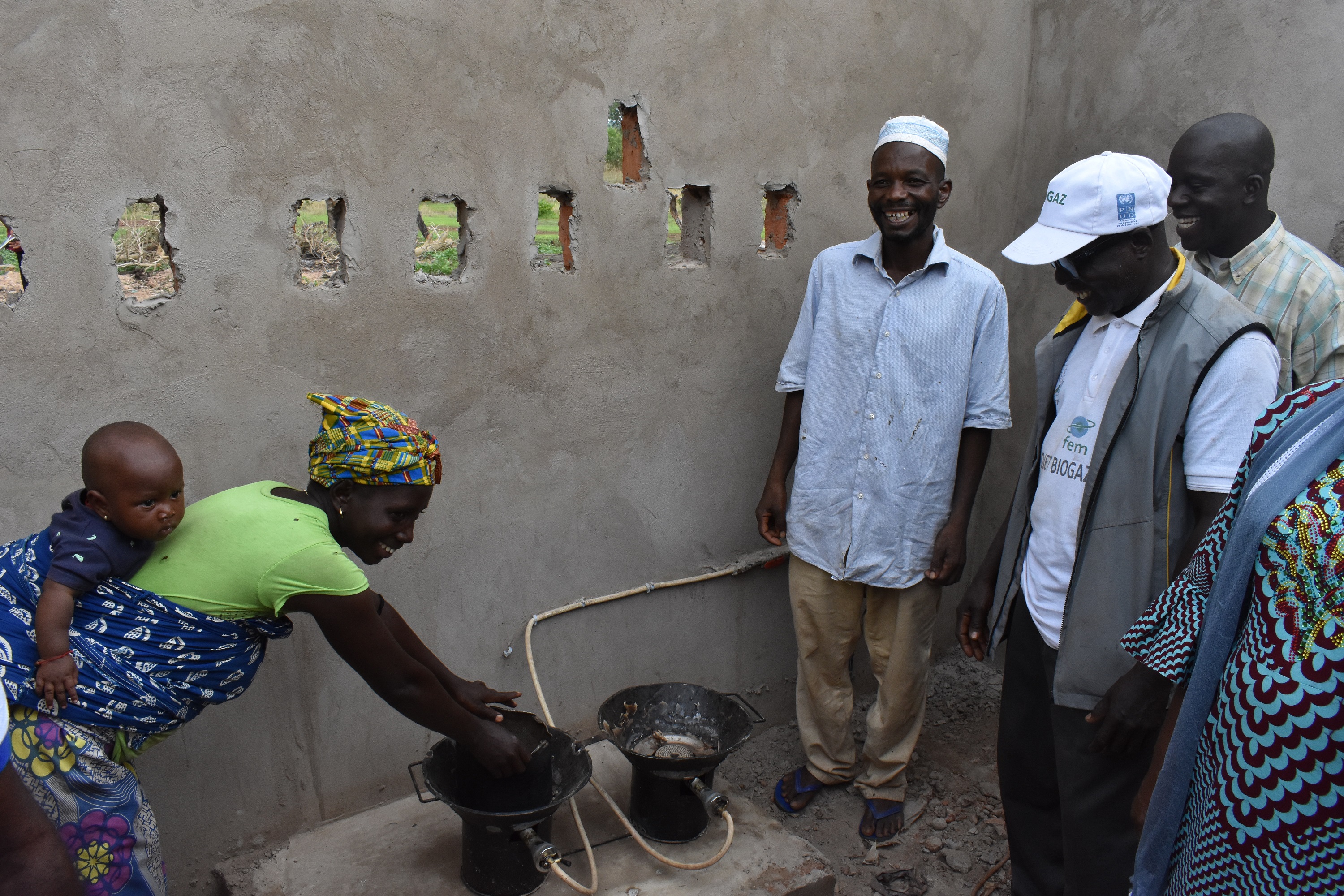 Creating a Market for Development and Use of Biogas Resources in Guinea
Towards the widespread adoption of biogas technologies to capitalize on their socioeconomic and environmental benefits
Creating a Market for Development and Use of Biogas Resources in Guinea
Towards the widespread adoption of biogas technologies to capitalize on their socioeconomic and environmental benefits

Challenges
Deforestation, increasing greenhouse gas emissions from domestic energy use and deficiencies in electricity supplies which adversely affect economic activities constitute major socio-environmental challenges in Guinea. The use of biomass in the form of firewood and charcoal represents one of the main sources of domestic energy in Guinea, especially in rural areas, and is increasing due to the clearing of forests for agricultural, forestry and mining purposes. This has been threatening habitats, exposing soil to erosion and severely affecting water resources.
Thanks to its potential to provide a clean source of energy for cooking and lighting, domestic and institutional biogas can be an appropriate substitute for the consumption of wood and charcoal in rural and peri-urban areas.
Towards a Solution
This project was implemented by Guinea's Ministry of Environment, Water and Forests, Ministry of Energy, Ministry of Livestock and Ministry of Agriculture and supported by the Global Environment Facility (GEF) and the United Nations Development Programme (UNDP). The project falls within the framework of climate change mitigation through the reduction of greenhouse gas emissions and the sustainable management of forest resources.
The project aimed to establish a viable and effective market for the widespread commercialization and use of biogas technologies in Guinea, focusing on three interconnected segments. The first was small-scale, family-sized biodigesters, primarily for self-consumption and in-house management of raw materials; this category targeted primarily farm households raising livestock. The second was large-scale biodigesters for institutional, commercial and industrial applications that need heat and/or electricity; these are also mainly self-consumers, replacing current energy carriers (such as diesel and grid power) with a cleaner and cheaper alternative for their business process. The third was the manufacturing and installation of biodigesters in the domestic market.
To achieve its objectives, the project conducted a strategic set of actions, namely: (i) mastery of the technology and its popularization; (ii) involvement of public institutions enabling the project to develop and capitalize on good practices; (iii) integration of the concerns of rural women as actors and beneficiaries; (iv) generation of income for the target populations through the stimulation and integration of vital rural economy sectors; (v) establishment of structures and policies favourable to market development (including a regulatory framework and a financial-support mechanism); and (vi) strengthening of the technical and entrepreneurial capacities of local human resources to form the basis of the private sector that will carry the biogas technologies market.
The main achievements of the project up to 2018 include:
- installation of model domestic biodigesters (each with a capacity of between 4 and 10m3 of gas usable for lighting and cooking) in 565 households in 116 rural communes;
- installation of an industrial biodigester to supply electricity;
- training of 222 masons and 6 technical supervisors deployed in 28 prefectures; and
- training of 57 agricultural extension workers in the use of biodigester effluents as organic fertilizer.
South-South cooperation contributed to the sustainability and replicability of the project's achievements. Close collaboration between the project and Burkina Faso's National Biodigester Programme allowed Guinean artisans and technicians to be trained in building the biodigesters. In addition, Guinea joined a sub-regional alliance on biodigester technology, which brings together 13 countries from the Economic Community of West African States (ECOWAS) and three countries from Central Africa. This was under the context of the ECOWAS's 2012 renewable energy policy, which proposed, among other items, to establish biogas facilities to promote the efficient use of household energy and to supply electricity to mini grids. The project has significant potential for South-South cooperation and horizontal exchanges and collaboration with African countries in ECOWAS and Central Africa to address climate change issues by harnessing innovative biotechnologies.
Contact Information
Countries involved
Supported by
Implementing Entities
Project Status
Project Period
Primary SDG
Secondary SDGs
Similar Solutions
| NAME OF SOLUTION | Countries | SDG | Project Status | |
|---|---|---|---|---|
Accelerating the Implementation of African Union Treaties in São Tomé and Príncipe South-South learning from the Beninese judicial system’s experience in the application of human rights treaties to its national law |
Burkina Faso, Guinea | 05 - Gender Equality | Completed | View Details |
Accelerating the Transformational Shift to a Low-Carbon Economy in Mauritius Towards supplying 35 percent of the country’s energy needs with renewables by 2025 |
Burkina Faso, Guinea | 05 - Gender Equality 09 - Industry, Innovation and Infrastructure 13 - Climate Action | Ongoing | View Details |
Accelerator Labs Network Following collective intelligence methods to address emerging sustainability challenges and the growing demand for local solutions |
Burkina Faso, Guinea | 08 - Decent Work and Economic Growth 13 - Climate Action | Ongoing | View Details |
Access to Justice through e-Services and Dematerialized Case Management Scaling up connectivity and unlocking the digital potential of judicial institutions to enhance access to justice for all |
Burkina Faso, Guinea | 05 - Gender Equality | Completed | View Details |
Action Plan on Gender Equality and the Empowerment of Women at the National Level in the Arab Region Mainstreaming gender action within national institutions in the Arab region |
Burkina Faso, Guinea | 05 - Gender Equality | Completed | View Details |



